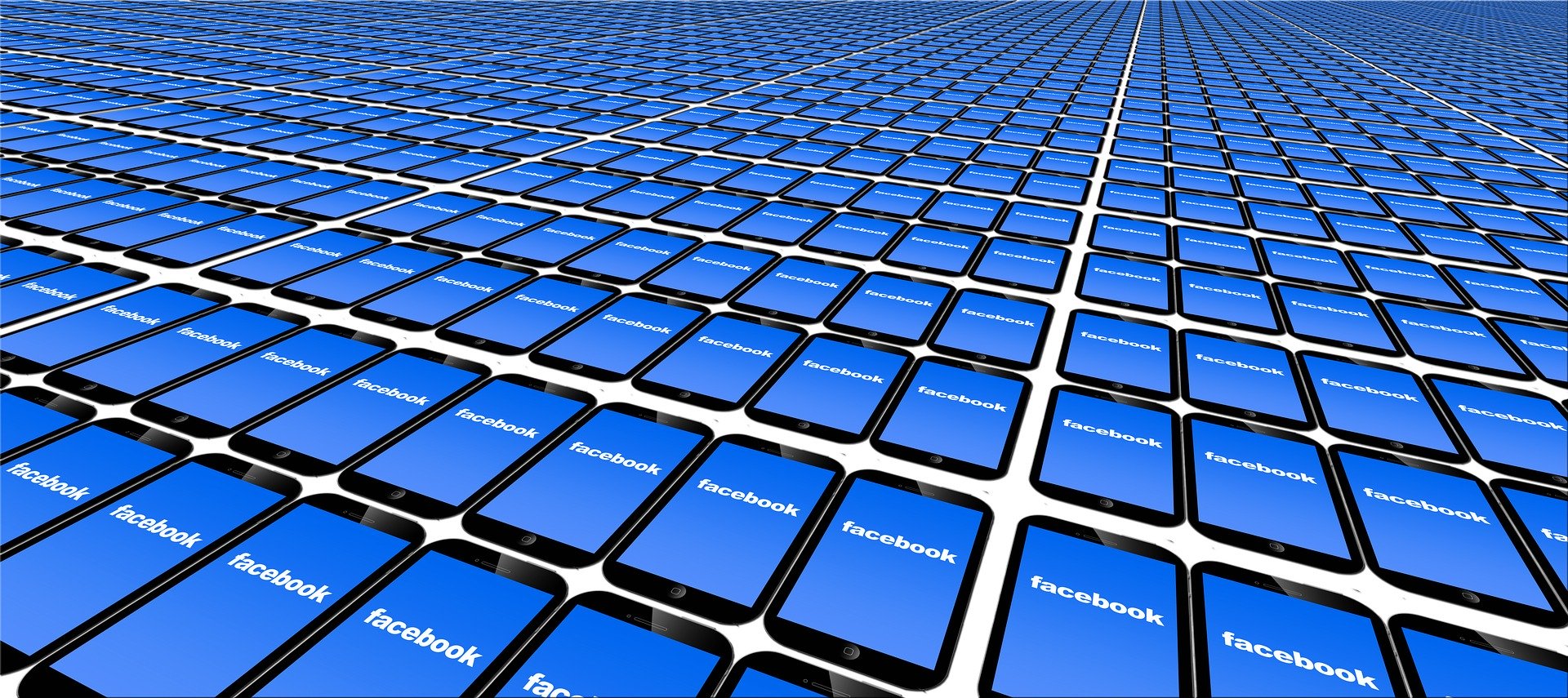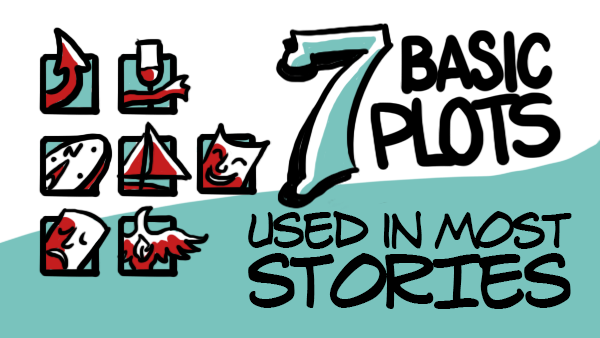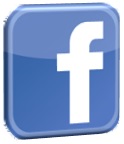
Back when Lori Lewis was working with the company in May 2011, we were at arguably the most exciting time in social media’s relatively short history. I would argue that 2005 was the first true phase of social as we know it today. That was when Zuckerberg & company took Facebook “off campus, making it available virtually everywhere.
Our Techsurveys were loaded with questions revolving around social media. And in the early 20-teens – say 2011-2015, social ate up more data slides in our Techsurveys during those years than any other vertical or topic.
Today, we’re probably in the third or ever fourth phase of social. Maybe it’s a bit ironic, but Facebook still rules. In our newest 2024 report, more consumers have profiles on Facebook than any other brand AND they use Zuckerberg’s social experiment more often than any other social platform – not bad for a social brand everyone loves to hate.
And these days, the social media slides are toward the back of my deck. It’s not because social is no longer important. In fact, you could make the case it has become more powerful as it’s become more ubiquitous. Between the diabolical ways in which social platforms are used to influence elections by so-called “bad actors” to how it used as an advertising vehicle or source for how people discover music, you might say social media is more powerful than ever.
Then there’s the site improvements – the growth of groups, the addition of Reels videos, and a a more robust bazaar where things are bought and sold (Marketplace), Facebook hasn’t sat idly by while new social platforms such as Threads, TikTok, and Snapchat have entered the social arena.
Yet, today’s post makes the case that the more social media changes, the more it stays the same. – FJ
May 2016
These days, there’s a lot going on at Facebook that sets it apart from the other players in the space
It’s been said that when it comes to storytelling – books, movies, and plays – there are just seven story arcs that keep getting worked and reworked again and again. In The Seven Basic Plots, Christopher Booker (who worked on the book for 34 years!) catalogues them:
Booker (who worked on the book for 34 years!) catalogues them:
- Overcoming the monster
- Rags to riches
- The quest
- Voyage and return
- Comedy
- Tragedy
- Rebirth
And when you think about it, everything from David and Goliath (overcoming the monster) to Indiana Jones (the quest) to “Animal House” (comedy) fit pretty neatly into these seven storylines.
And so it is with Facebook posts. I’ve been on the platform now for close to a decade, but I do not consider myself a skilled Facebook poster. In fact, you could say I severely misuse Facebook, posting very little about myself personally and focusing more on this blog.
 That said, I do my fair share of lurking. And while my effort is nowhere near as exhaustive as Christopher Booker’s, I get a sense of déjà vu quite often while on Facebook. That’s because despite the large number of Facebook users and how often they use the platform, the same basic “storylines” seem to repeat themselves.
That said, I do my fair share of lurking. And while my effort is nowhere near as exhaustive as Christopher Booker’s, I get a sense of déjà vu quite often while on Facebook. That’s because despite the large number of Facebook users and how often they use the platform, the same basic “storylines” seem to repeat themselves.
It turns out that each and every day, Kissmetrics reports there are 55 million status updates on Facebook. (Note: These days, there are more than 421 million posts a day on Facebook.)
Yet, when you take a deeper dive into what appears on Facebook status updates, research shows there are just 13 posts that we keep reading – and rereading and rereading.
Actually, I’m the “research,” but tell me I’m wrong. I’ve boiled all those status updates down to just this small number of basic themes:
1. My pet died/Isn’t my pet cute?
2. __ years ago, I married the most amazing ___ ever
3. I have a new job/Shit, I lost my job
4. I don’t usually rant about politics, but…
5. What an amazing vacation we’re having
6. Someone close to me died/We have a new arrival!
7. Look what my kid/spouse just did
8. Look what I just did
9. My team won
10. It’s #TBT
11. Here’s something clever/funny/pathetic you just have to see
12. It’s my birthday (257 likes, 36 comments)
13. This is a post to be sure you’ve really read my posts
Now you may come up with new listings here (so have at it), but it’s truly amazing how the most massive social interaction communications tool is actually the same things repeating themselves…again and again.
Perhaps this post will inspire some creativity on the part of Facebook users. After all, we programmers often hear a lot about not enough variety and too much repetition.
So to make my Facebook browsing more entertaining, please raise your status update games.
Originally published by Jacobs Media








